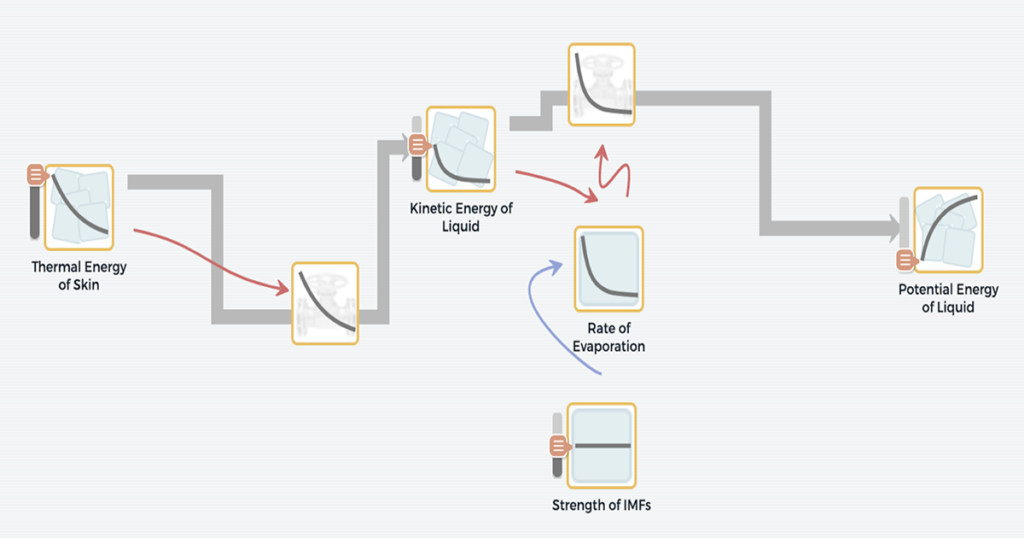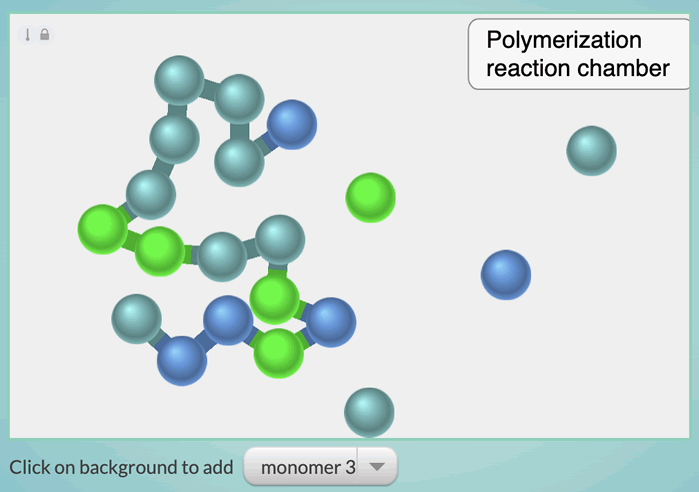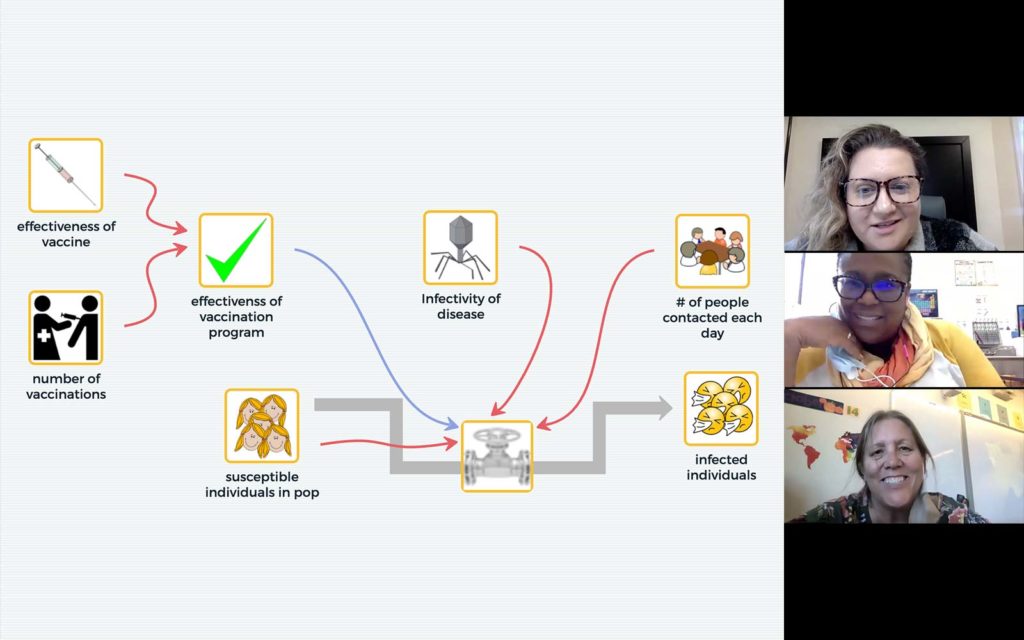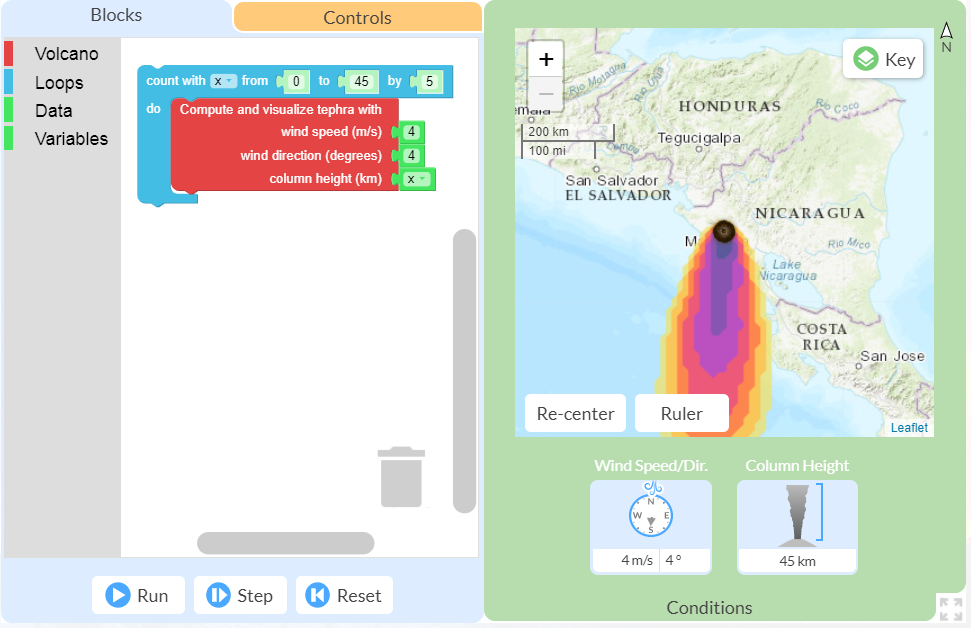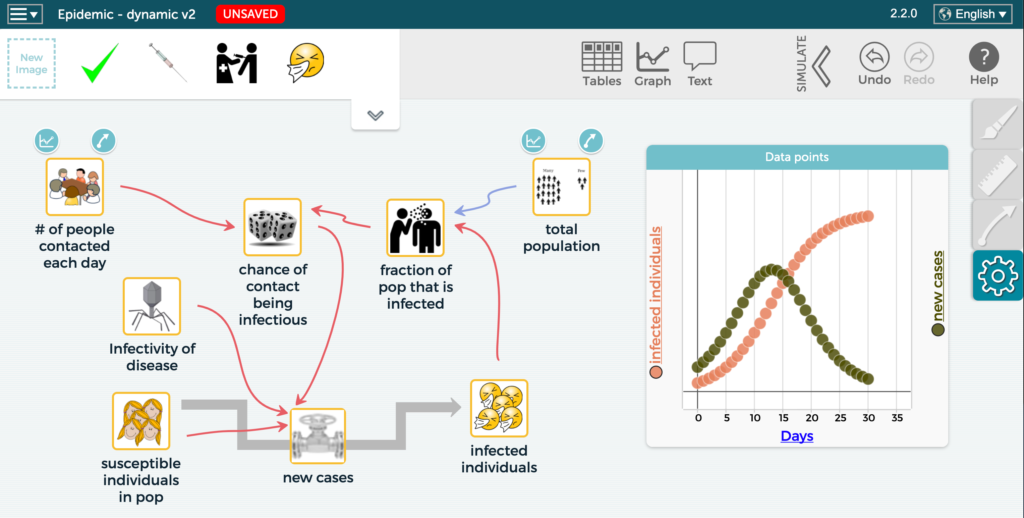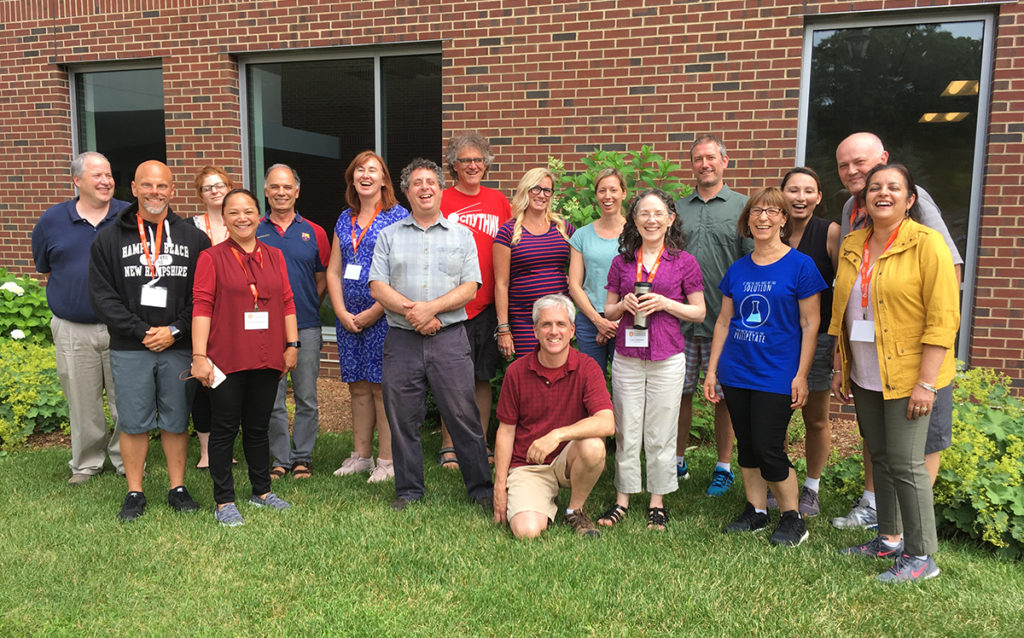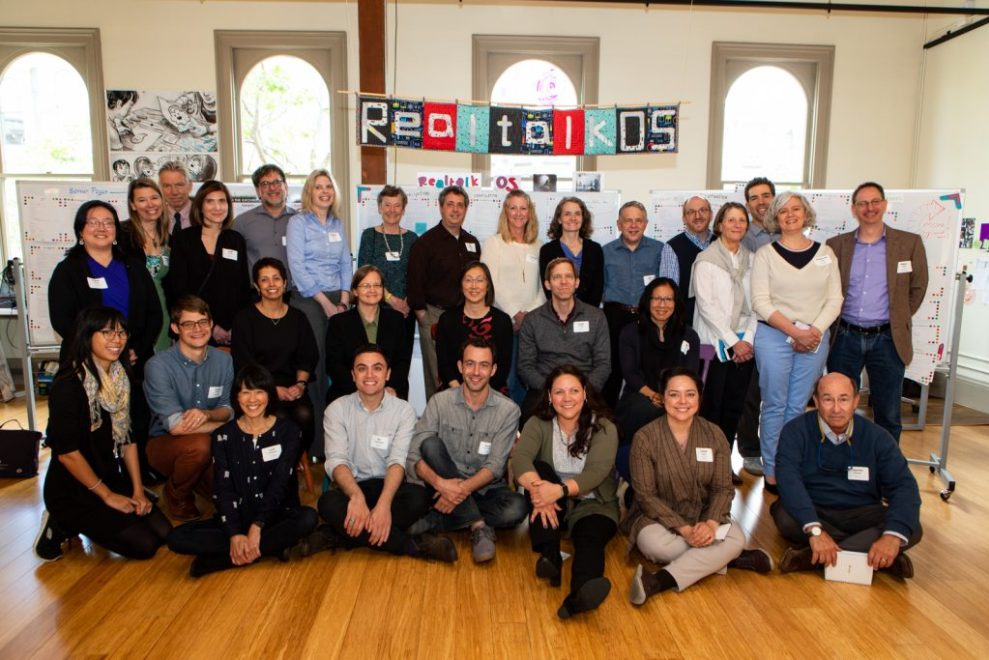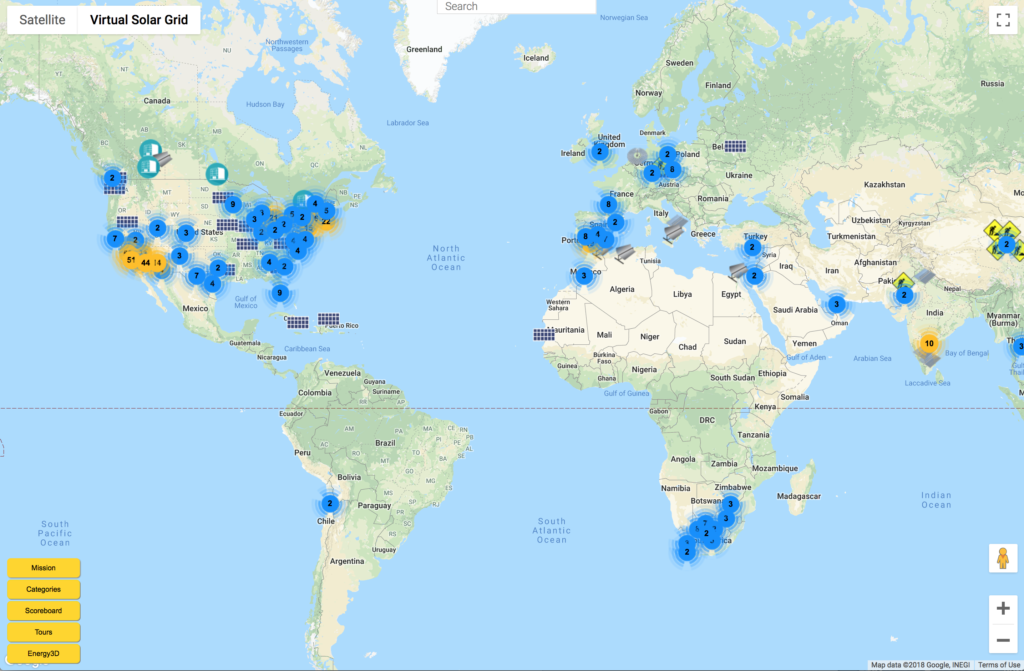Category: Tag: NGSS
Have you ever wondered why, even on a very hot day, you feel cold when coming out of a pool, lake, or sprinkler? The Multilevel Computational Modeling project, a collaboration with the CREATE for STEM Institute at Michigan State University, has developed a new curriculum unit called “Why do I feel colder when I am […]
Whether teaching physics, chemistry, or biology, every high school science teacher is challenged to take students on a journey down to the nanoscale level where intangible, invisible forces hold sway and mysteriously result in phenomena at the macroscopic level. Think Ms. Frizzle and her Magic School Bus as her schoolchildren take the ride of their […]
The Concord Consortium and Michigan State University are collaborating to offer remote professional learning to high school teachers to engage their students in three-dimensional learning using SageModeler for system modeling and computational thinking.
This spring I had the opportunity to pilot the new online GeoCode tephra activities developed as part of the NSF-funded Visualizing GeoHazards and Risk with Code project with my 9th grade Honors Earth Science classes in Evergreen, Colorado. I’d been looking forward to the pilot for months, but only a handful of weeks before our […]
Understanding responses to the current COVID-19 pandemic and solving other pressing global and local problems requires the ability to develop and use models and apply both system thinking and computational thinking. The Next Generation Science Standards (NGSS) include systems and system models as one of the crosscutting concepts, and developing and using models and using […]
Andy Zucker was a senior scientist at the Concord Consortium. Penny Noyce served on the Concord Consortium’s Board of Directors. Andy Zucker and Penny Noyce, both formerly associated with the Concord Consortium for many years, created a free one-week curriculum unit for grades 6-12 called Resisting Scientific Misinformation. The unit includes four short videos especially […]
What do teachers do over the summer? Plan for the next school year, of course! Thirteen enthusiastic teachers from seven different school districts and four states (MA, ME, RI, and CA) spent four days conducting experiments in physics, chemistry, and biology, preparing to bring new technology, curriculum, and pedagogies back to their classrooms. Biology and […]
Julia LaCava is a summer intern at the Concord Consortium. A junior at Ithaca College, she majors in communications. Teaching about climate change in the age of the Internet is harder than you might think. “Many online climate change lessons are actually junk” was the bold title of a recent article published by AP News, […]
2018 was a banner year for the Concord Consortium and we’re thrilled to present the year in review with our top 10 news stories. We Launched Designing 2030 to Transform the Future of STEM Teaching and Learning. Our new Designing 2030 initiative will transform STEM teaching and learning to reach more students with educational technology.
Find out how high school students can design and evaluate efficient and affordable solar power systems—even for their own school—in the November/December 2018 issue of The Science Teacher. Co-authored by Concord Consortium researchers Jie Chao, Charles Xie, and Corey Schimpf, with education consultants Joyce Massicotte and Jeff Lockwood, and Stoughton High School science teacher Craig Beaulieu, […]
